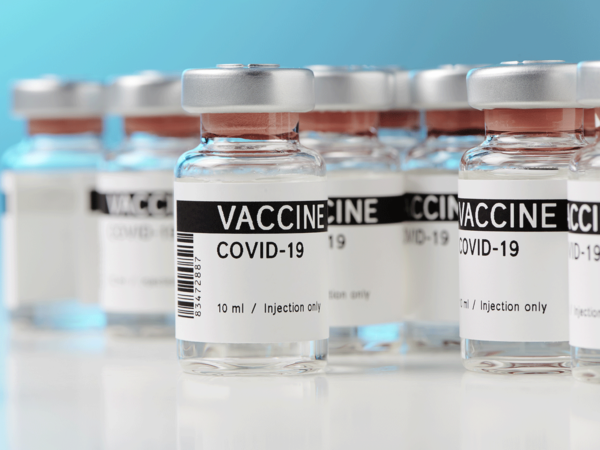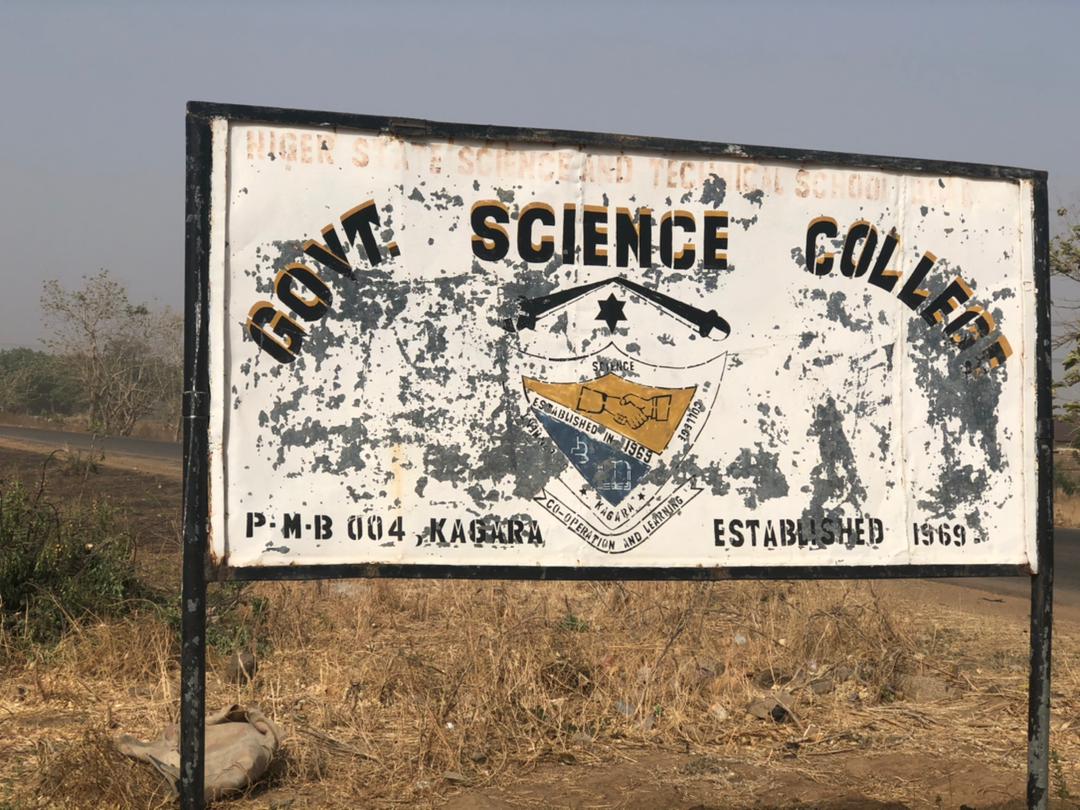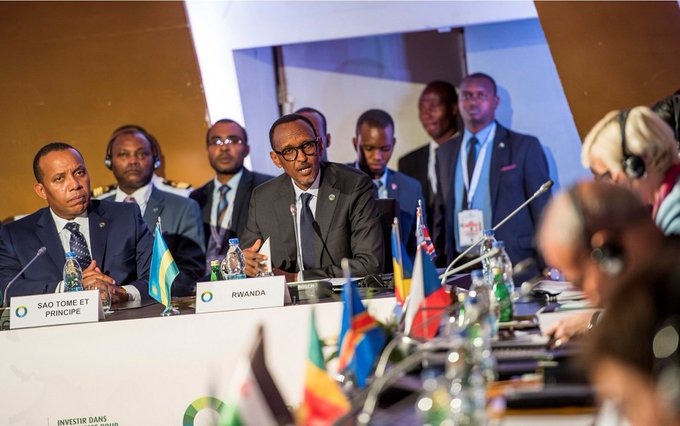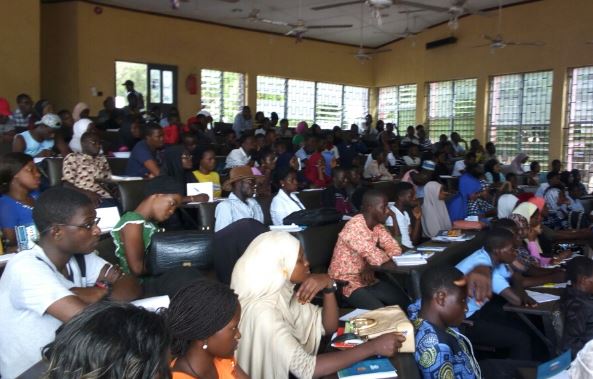BY EDWIN UHARA
Recently, the federal government through the presidential task force (PTF) on COVID-19 announced that the sum of N10 billion has been released to the appropriate agency to fund domestic vaccine production to tackle the scourge of coronavirus in the country.
The announcement was made by the minister of health, Dr. Osagie Ehanire, during one of the weekly national briefings of the PTF in Abuja.
He said: ”While we are working to develop our own vaccines, Nigeria is exploring options for licensed production in collaboration with recorgnised institutions. We are also exploring the option of local production of the vaccines in the country.”
Advertisement
The federal government’s decision came at a time moral voices are rising against what is now known as ‘vaccine nationalism.’ According to Dr. Amir Khan, vaccine nationalism occurs when governments sign agreements with pharmaceutical companies to supply their own population with vaccines ahead of them becoming available for other countries.
Since the outbreak of COVID-19, it seemed that most vaccine manufacturers have practically abandoned production of vaccines for other ailments to become COVID-19 vaccine candidates and this is why the visionary move by President Muhammadu Buhari to rejig Nigeria’s domestic production of vaccines at the defunct Federal Vaccine Production Laboratory in Yaba, Lagos State, is most commendable.
It will be recalled that in 2017, the federal government entered into a joint venture agreement with pharmaceutical giant, May and Baker PLC for local production of vaccines at the Yaba facility.
Advertisement
The agreement which created a new company called Biovaccines Nigeria Limited (BVNL) is jointly owned by both the federal government and May and Baker Plc. While the federal government owns 49 percent equity, May and Baker PLC maintains the remaining 51 percent shares.
The objective of the company, (Biovaccines Nigeria Limited) is to produce safe and affordable human vaccines for Nigeria and reverse the situation of high mortality from immunizable diseases.
Also, the company is to create a regional center for vaccine production in West Africa and position Nigeria as a global player in the vaccine business.
Before the entrance of coronavirus in Nigeria on the 27th of February, 2020, the centre was to produce many of the basic vaccines that will be needed in the country.
Advertisement
According to the then minister of health, Professor Isaac Adewole, “we have considered vaccines as a security issue, it is not only health, but we need to guarantee the security of all Nigerians particularly our children. And so with this agreement, we will be able to produce these common vaccines and from 2021, and beyond other vaccines that are necessary would also be put on board to administer to Nigerians”.
Other aspects of the partnership include; to provide the technology to build and develop local capacity for research and development as well as local manufacturing of basic vaccines required by the country to improve immunisation routines and reduce dependency on international donors.
According to a report, the vaccine production centre was operational for about six decades, between 1940 and 1991, producing large quantities of vaccines against smallpox, rabies, yellow fever not only for Nigerians but for neighbouring countries like Cameroon, Central African Republic and a few other countries in Africa.
Sadly, the vaccine centre was closedown in 1991 by the then government which said it wanted to reactivate and upgrade the facility.
Advertisement
Nevertheless, Nigeria’s response to COVID-19 through the presidential task force has been very impressive. The task force is not only fighting to flatten the curve, but also developing human capacity, building resilient infrastructures and shifting the paradigm from the yearly capital flight caused by medical tourism to boosting domestic economy through domestic healthcare facilities.
From just two molecular laboratories, the PTF has built more than one hundred molecular laboratories for testing of COVID-19 cases in all the states of the federation including the federal capital territory (FCT). It has established treatment centers with 10-bed intensive care unit (ICU) facilities in all 36 states and the FCT. It has increased daily testing capacity from 500 to over 30,000. It has secured the approval of Mr. President and as well made provision in this year’s budget for the building of oxygen production plants in all the 36 states and the federal capital territory. It has refurbished obsolete cold chains and acquired ultra-modern ones to replace irreparable ones in all the 8,812 electoral wards in the country, thereby enabling the National Primary Health Care Development Agency (NPHCDA) to deliver and administer COVID-19 vaccines to all Nigerians when the vaccination programme starts, so as to ensure that no Nigerian is left behind because according to the PTF chairman, Boss Mustapha, “no one is safe until everyone is vaccinated”.
Advertisement
That is why President Buhari, while extending the mandate of the task force in December last year, said: “There is also the need to speedily and strategically access and administer the COVID-19 vaccine in a safe, effective and timely manner. This is an important obligation that we owe Nigerians as we go into the year 2021, and it must be carried out through efficient machinery.
“Now is the time for collective efforts to be intensified. I, therefore, urge all sub-national entities, traditional rulers, religious and leaders of thought to collaborate with the PTF by taking up the responsibility for risk communication and community engagement at all levels.”
Advertisement
The World Health Organisation is against vaccine nationalism because it denies poorer nations access to vaccines. According to its director-general, Tedros Adhanom Ghebreyesus, “while there is a wish among leaders to protect their own people first, the response to this pandemic has to be collective.
“In our interconnected world, if people in low- and middle-income countries miss out on vaccines, the virus will continue to kill and the economic recovery globally will be delayed. Vaccine nationalism will prolong the pandemic, not shorten it.
Advertisement
“The COVAX Facility is the agreed international mechanism for ensuring equitable global access to vaccines. It is solidarity in action.”
He went further to say that: “Vaccine nationalism could cost the global economy up to $9.2 trillion and almost half of that — $4.5 trillion — would be incurred in the wealthiest economies.”
Similarly, when the United Kingdom Medicines and Healthcare Products Regulatory Agency (MHRA) gave authorisation for the emergency supply of Oxford/AstraZeneca COVID-19 vaccine, formerly known as AZD1222, for the active immunisation of individuals 18 years or older in December last year, the British people were highly elated.
This is what the UK secretary of state for health and social care, Matt Hancock, said when the breakthrough was announced: “This is a moment to celebrate British innovation – not only are we responsible for discovering the first treatment to reduce mortality for Covid-19, this vaccine will be made available to some of the poorest regions of the world at a low cost, helping to protect countless people from this awful disease. It is a tribute to the incredible UK scientists at Oxford University and AstraZeneca whose breakthrough will help to save lives around the world.
“I want to thank every single person who has been part of this British success story. While it is a time to be hopeful, it is so vital everyone continues to play their part to drive down infections.”
In a related development, there is a new report that British scientists are developing universal vaccines that will conquer all variants of COVID-19.
According to The Telegraph newspaper report quoted by the Voice of America on Valentine’s Day, British scientists are developing a universal vaccine that would combat all the variants of the coronavirus and could be available within a year.
The paper says that scientists at the University of Nottingham are working on a vaccine that would target the core of the virus instead of the spike protein that current vaccines focus on. Targeting the core alleviates the need to frequently adjust existing vaccines as the virus mutates.
While there are currently many COVID-19 vaccines like Pfizer-BioNTeh, Moderna, SinoPharm, Janssen, Novavax and Sputnik V, the British Oxford/AstraZeneca’s COVID-19 vaccine has been granted emergency use authorisation in India, Argentina, Dominican Republic, El Salvador, Mexico and Morocco for the active immunisation of adults.
According to a report, AstraZeneca has entered into a partnership agreement with the Serum Institute of India (SII), the world’s largest vaccine manufacturer for the supply of vaccines to the Indian government as well as to a large number of low and middle-income countries across the globe.
According to Adar Poonawalla, chief executive officer of the Serum Institute of India, “the emergency licensure in India marks an important milestone for all of us. The regulatory decisions are welcoming and encouraging towards ensuring equitable access to a safe, immunogenic and affordable vaccine for millions of people worldwide.
“The pandemic of 2020, however devastating – brought public and private institutions, health authorities, governments of various countries, and most importantly the global communities together to pose a resilient front against the virus.”
“That said, we would like to thank all the stakeholders at various levels who have continually supported and motivated us to fortify our commitment of health for all.”
Because of the said licensure, today, India is the manufacturer of Covishield Vaccine which is India’s version of the British Oxford/AstraZeneca.
Therefore, with the untiring efforts of the PTF, Nigeria in not-too-distance time will join the league of nations who are proud manufacturers of COVID-19 vaccines for its teeming population.
Despite the pains, cries, and inconveniences caused by COVID-19, Nigeria has been able to change the narratives by turning national adversity into national gains.
Hence, with or without vaccine nationalism, by the time the country starts local production of COVID-19 vaccines, it will serve as another foreign exchange earner for the nation thereby adding to the strength of our national budget which for the first time in history, the non-oil sector will be accounting for 70 percent of the total expected revenue for this year.
All that is required from Nigerians is to support and strictly adhere to the non-pharmaceutical guidelines put in place by the presidential task force under the able leadership of the secretary to the government of the federation (SGF), Boss Mustapha.
Until everyone is vaccinated and have developed hard immunity against COVID-19, let’s continue to take personal responsibility because Coronavirus is looking for who to kill on daily basis.
Comrade Edwin Uhara is a UN-trained negotiator and member of APC presidential campaign council in the last presidential election. You can follow him on Twitter via @edwinuhara.
Views expressed by contributors are strictly personal and not of TheCable.
Add a comment






